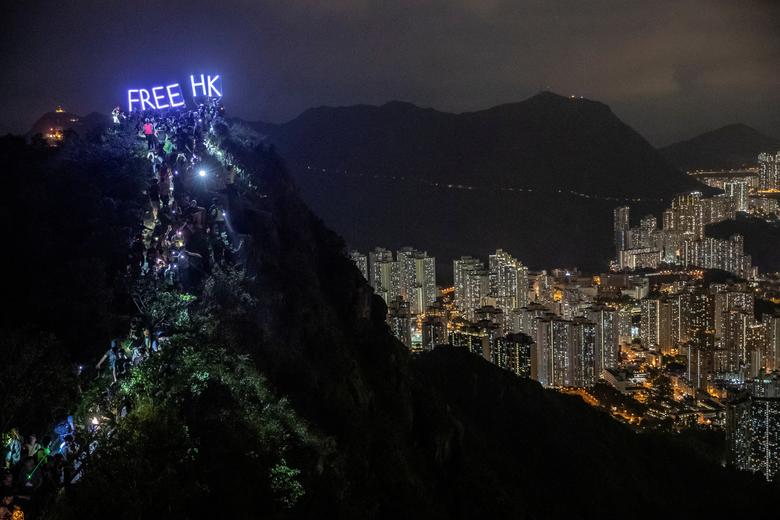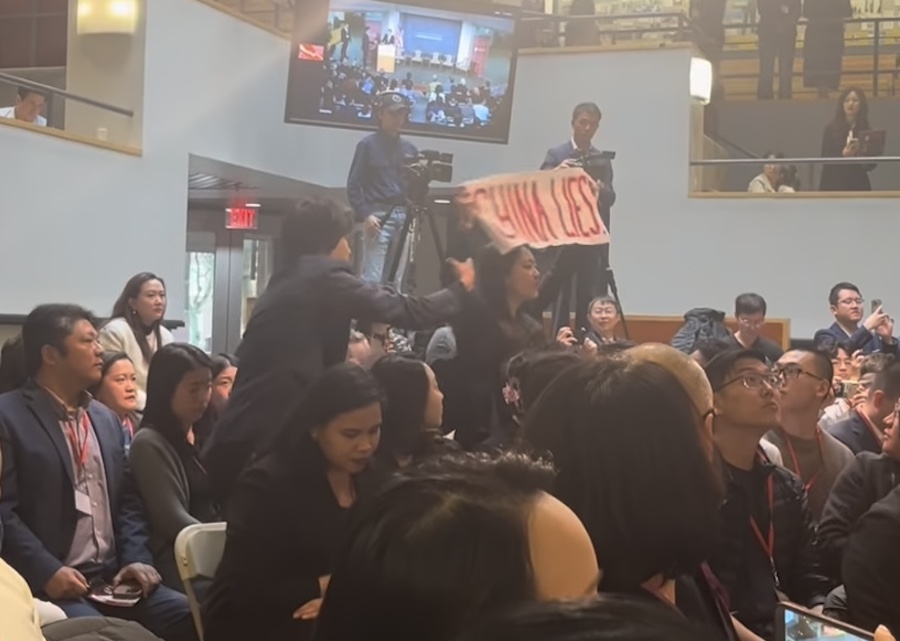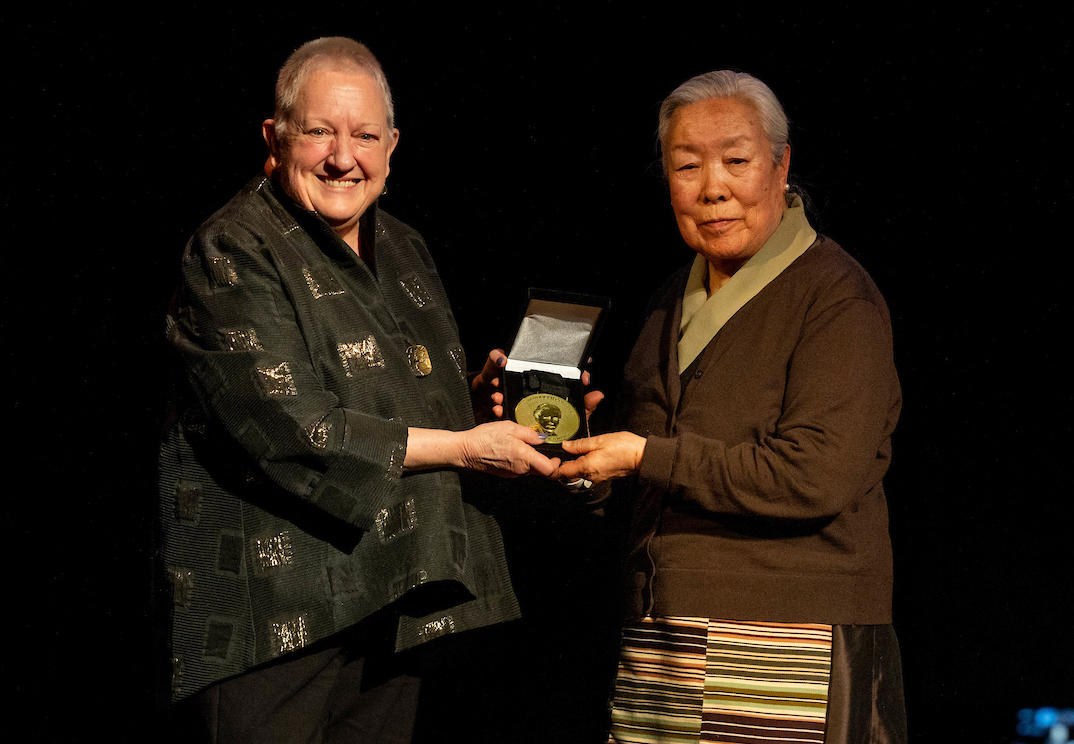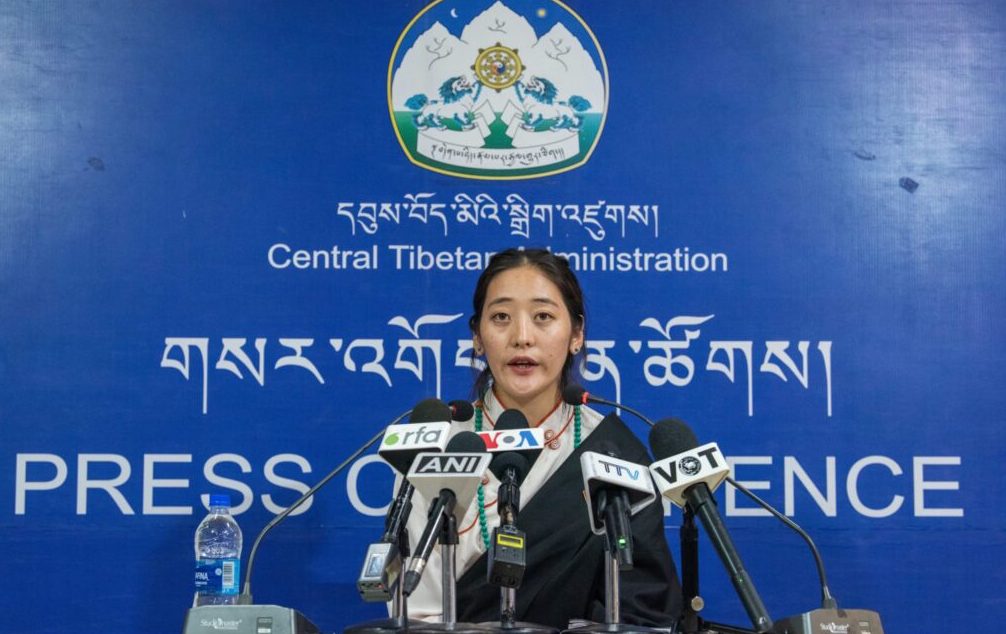By Choekyi Lhamo
DHARAMSHALA, July 3: As thousands gathered for the annual pro-democracy rally to mark the handover anniversary of the city on Wednesday, more than 360 protestors were detained with ten of them held for breaching the controversial new ‘security law’. The arrests mark the tectonic shift in the political landscape of Hong Kong. The police reportedly used water cannon, tear gas and pepper spray on demonstrators.
The controversial law targets “secession, subversion and terrorism” with punishment up to life imprisonment. Hong Kong pro-democracy activists have said that the new security law erodes key fundamental freedoms. Joshua Wong who recently stepped down from the now disbanded pro-democracy group Demosisto said, “If my voice will not be heard soon, I hope that the international community will continue to speak up for Hong Kong and step up concrete efforts to defend our last bit of freedom.” The organization also announced its disbandment on its Facebook page.
Fellow Demosisto member Nathan Law announced on social media that he has left Hong Kong to escape the security law that could potentially risk his freedom of speech. “I think the movement is still pretty much alive,” he told the BBC.
Carrie Lam, Hong Kong’s pro-Beijing leader, said the law would “restore stability” and that it was “considered the most important development in relations between the central government and Hong Kong since the handover”.
The UK said that up to 3 million Hong Kong residents will be offered the chance to settle and ultimately apply for citizenship. Simon Cheng, a former British Consulate employee in Hong Kong who has been granted asylum in the UK said that discussions to create an unofficial parliament-in-exile to preserve democracy are underway.
The new legislation has been criticized by numerous countries and human rights organizations and activists. UK Foreign Secretary Dominic Raab called the move a “flagrant assault” on freedom of speech and protest. London has also updated its travel advice on Hong Kong and said that there could be an “increased risk of detention and deportation for a non-permanent resident”.
US Secretary of State Mike Pompeo has condemned the passing of the law and said that China has broken its promise to the people of Hong Kong, “The Chinese Communist Party’s (CCP) decision to impose draconian national security legislation on Hong Kong destroys the territory’s autonomy and one of China’s greatest achievements. . . Hong Kong demonstrated to the world what free Chinese people could achieve – one of the most successful economies and vibrant societies in the world.”










